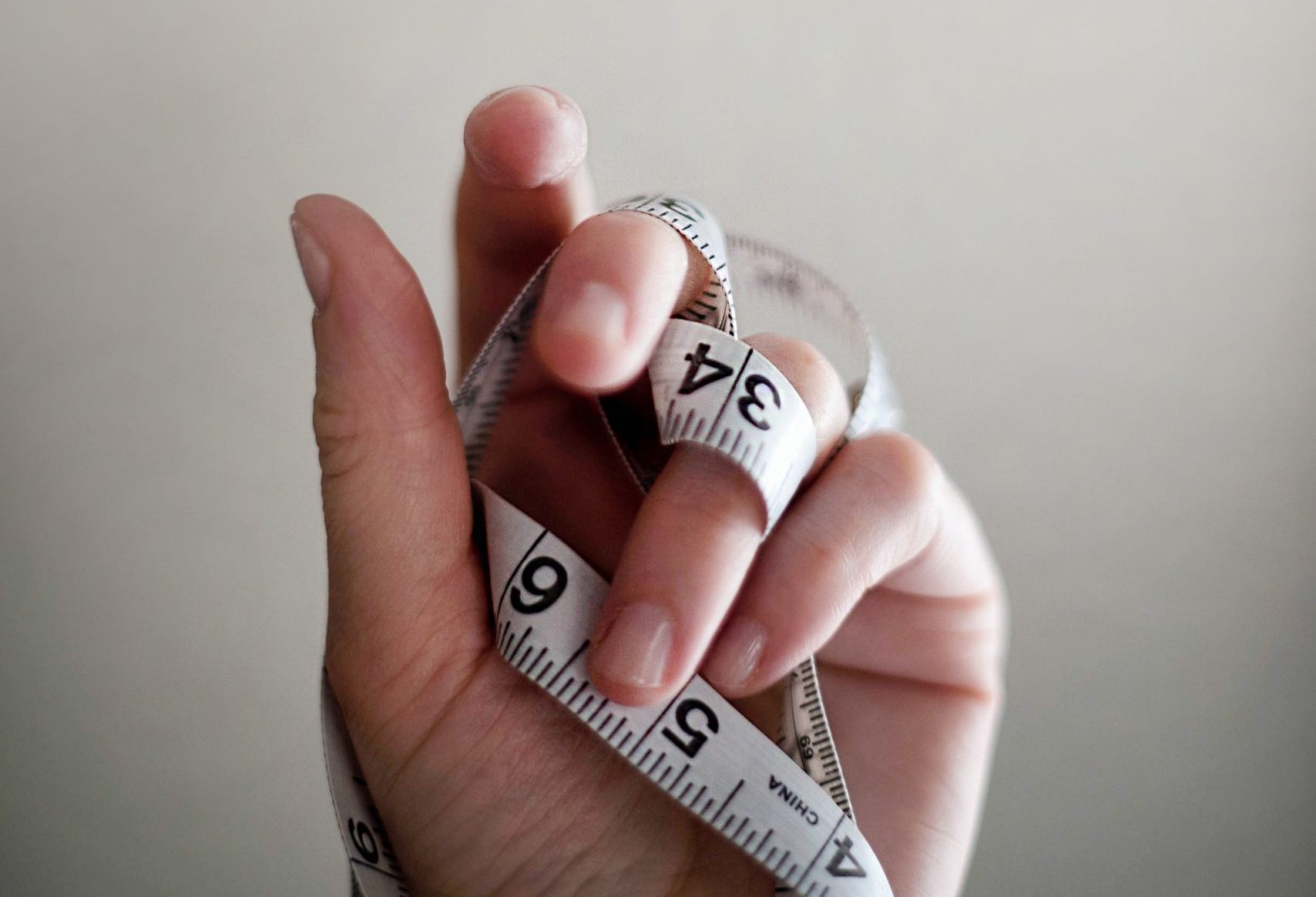
Life&Style writer Jimmy Simpson shares his experience of anxiety and disordered eating, in the hopes of tackling the stigma around men’s mental health and body image
Trigger warning: anxiety, mental health issues, disordered eating and body image
I am pretty skinny. Multiple peers, particularly family members, have gone out of their way to acknowledge this. My waist is slim, in certain lights and from certain angles my face can appear quite gaunt and, very often, I find that the clothes I wear hang off my shoulders. My fingers are bony, so much so that even the smallest ring sizes do not quite fit them. Sure, some of this is attributable to genetics. When my dad was my age his frame was not too dissimilar to mine. I am sure an unusually high metabolism also plays its part. But these factors do not explain everything with regards to my weight.
In recent years I’ve struggled with my mental health. While we stereotypically associate the term “mental illness” with depression or low mood, my mental health struggles have more often manifested as anxiety. A pretty pervasive term in the cultural consciousness, “anxiety” nonetheless continues to be misunderstood by society at large. In its simplest definition, it refers to a persistent feeling of dread or worry. In my personal experience, this feeling is often difficult to attribute to a single source or event. It is just always there, lingering in the background, exacerbated by certain events but present even when there is no obvious trigger. My eating habits, and, in turn, my weight and physical health, constitute one area of my life that has been negatively influenced by these anxious thoughts and feelings.
“I sometimes struggle to summon the willpower and energy to make a substantial and nutritious meal
On some days my anxiety can be paralysing, to the extent that it precludes me from carrying out certain tasks. While I almost never struggle to wake up at an appropriate time, wash, brush my teeth, etc., I sometimes struggle to summon the willpower and energy to make a substantial and nutritious meal. The thought of buying and preparing ingredients, making a meal from scratch, and then having to wash all the dirty dishes this inevitably generates, can be overwhelming. So instead I graze on small snacks and seek out ways to suppress my appetite, which more often than not means drinking a ton of coffee (which, in turn, can worsen my anxiety owing to caffeine intake).
Obviously, this is unhealthy and unsustainable for a twenty-three-year-old man who ought to be consuming several thousand calories and three square meals per day. Not eating enough and going about my day on an empty stomach has negative implications for my mood, concentration and other aspects of my mental health, thereby making my anxiety worse. This generates a vicious cycle, whereby persistent anxiety as a result of me not eating enough restricts me from eating and addressing the problem.
“Navigating a large, crowded supermarket with blaring music and bright lights can be very anxiety-inducing
When it comes to dietary habits my anxiety can be inhibiting in another way. Its paralysing quality can make it difficult or undesirable for me to walk to the supermarket and buy groceries. Navigating a large, crowded supermarket with blaring music and bright lights can be very anxiety-inducing, especially if accompanied by the ambient noises of a baby screaming or people arguing. Even the process of guiding a shopping trolley and surveying shelves can demand enough multitasking to irritate me and stress me out. These negative feelings and emotions are usually compounded by the sheer cost and unaffordability of many groceries.
Anxiety creates a tendency to overthink and over analyse certain aspects of life, and the thought of giving away so much of my money to food, something so ephemeral yet essential, can be really dispiriting. This illustrates the direct impact of the UK’s ongoing cost of living crisis on my (and so many other people’s) mental wellbeing. Consequently, in order to avoid the anxiety of supermarkets and shopping, I simply go without food for extended periods or rely too heavily on eating out (which is hardly economical, and rarely nutritious).
“my relationship with anxiety and disordered eating is also shaped by body image
While distinct from the previous two examples, my relationship with anxiety and disordered eating is also shaped by body image. This is an issue that affects many people and young people in particular, but it is disproportionately expressed in women and queer men. As someone who belongs to the latter group, I frequently experience internalised feelings of inadequacy with regards to my figure. I worry that I’m not muscular or toned or bulky enough or that I’m too wiry and physically awkward, especially to sexual partners. Yet too often my anxiety impedes any attempt on my part to do something about this, i.e. working out or eating more. This places me in an obvious mental health predicament.
The tone of this piece has been serious, but I should emphasise that I have recently gone to some effort to overcome my disordered eating. Consuming more protein, in particular meat and fish, is one goal I’ve successfully met in the last few weeks. Putting more time and care into meal preparation, even if this requires enormous effort and motivation, is another goal I’m currently working on. I have also recently enrolled in cognitive behavioural therapy (CBT) in order to treat my anxiety, a process which, in turn, should help me implement a healthier and more consistent eating pattern.
I wanted to discuss this topic openly and candidly, both to educate my peers and to combat the stigma that continues to linger around mental health and disordered eating, particularly among men.
Read more from Life&Style:
Gen Z, Social Media, and the Crisis of Beauty
Comments